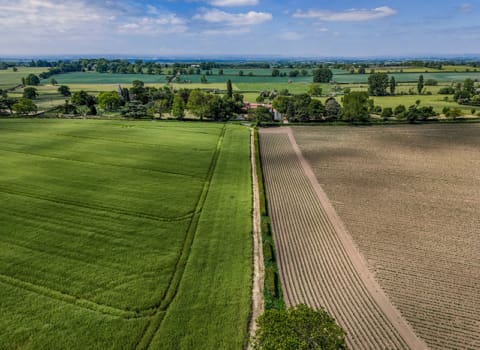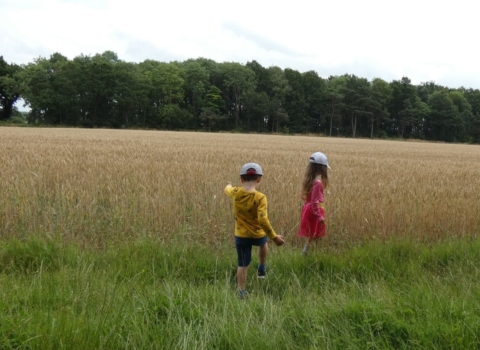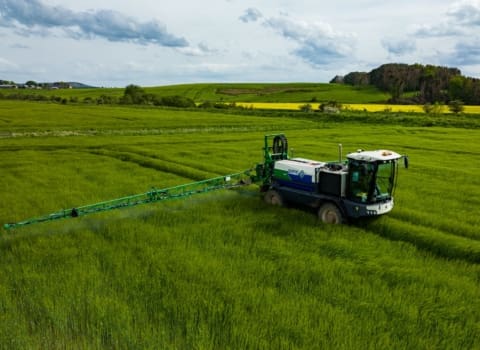Contact our offices
Main office
COLBURN
5 & 6 BAILEY COURT
COLBURN BUSINESS PARK
RICHMOND
NORTH YORKSHIRE
DL9 4QL
Estate Agency Offices are located in
BARNARD CASTLE, BOROUGHBRIDGE & RICHMOND
Residential Management Team
Our Offices
- Alnwick
01665 568310
Email Officealnwick@gscgrays.co.uk - Barnard Castle
01833 637000
Email Officebarnardcastle@gscgrays.co.uk - Boroughbridge
01423 590500
Email Officeboroughbridge@gscgrays.co.uk - Chester-Le-Street
0191 3039540
Email Officechester-le-street@gscgrays.co.uk - Colburn
01748 897630
Email Officecolburn@gscgrays.co.uk - Driffield
01377 337180
Email Officedriffield@gscgrays.co.uk - Hamsterley
01388 487000
Email Officehamsterley@gscgrays.co.uk - Hexham
01434 611565
Email Officehexham@gscgrays.co.uk - Kirkby Lonsdale
01524 880320
Email Officekirkbylonsdale@gscgrays.co.uk - Penrith
01768 597005
Email Officepenrith@gscgrays.co.uk

Five point plan to help mitigate current farming crisis
Record rainfall has significantly increased the financial pressures on farm businesses but Sam Dale, farm consultant at GSC Grays, believes there are tools to help the industry tackle the current farming crisis.
Large areas of farmland are under water following 11 named storms since September and the wettest 18 months on record with fears the country is facing the first season without a harvest on some farms since the end of the Second World War.
In the face of these challenges, farm businesses are being urged to embrace resilience and strategic planning to navigate the current landscape.
To address the current pressures on farm businesses, Sam uses a five point plan to help clients weather the financial storm:
- Know Your Figures and Production Costs: Understanding the financial health of your business is crucial. Regularly analyse production costs, including fertiliser, seed, and labour. By knowing your numbers, you can make informed decisions and identify areas for cost-saving or efficiency improvements.
- Identify Your Marketing and Purchasing Strategy: Develop a clear strategy for marketing your products and purchasing. Being proactive in your marketing and purchasing can help secure better prices and manage risk.
- Understand the Wider Industry and Market: Stay informed about broader agricultural trends, market conditions, and policy changes. This awareness will enable you to anticipate challenges and recognise opportunities.
- Utilise Available Tools to Reduce Risk and Volatility: Take advantage of risk management tools and government schemes such as Sustainable Farming Incentive (SFI) to diversify income and reduce dependency on volatile markets.
- Establish a Diverse Business Model: Create a diversified business model. This could include a mix of agriculture enterprises and environmental schemes. Whilst diversification could include services such as a farm shop or Agri-tourism, it does not have to.
Sam said: “It is easy at the moment to feel discouraged about things because of the weather but I would encourage farmers not give up hope and try not to lose sight of the bigger picture. Risk and volatility are here to stay and are probably going to become more extreme. However, there are tools available that can help farm businesses build resilience. Realistically, we seem to be looking at a 3 to 4 year farming cycle these days when previously, it was arguably a 7 to 10 year cycle.
“As a result, I try to stick to the five-point plan and while it won’t make volatility and risk disappear, it can help make businesses more resilient and agile.”
The free Farm Business Advice Service (FBAS) provided by GSC Grays, which is funded by Defra, provides a second opinion to help farmers take a critical look at their business from a different perspective.
Sam explained: “Farmers live and breathe their businesses but sometimes, that makes it difficult to take a step back and look at things and think that maybe there is a different way of operating. Through our FBAS scheme a lot of farms have had really positive discussions and finding a trusted partner to kick start it really helps.
“We’ve obviously seen the highs in recent times, with wheat nearly £400 a ton, oilseed rape nearly £1,000 a ton, but likewise, we’ve seen fertilizer at nearly £1,000 a ton. On the livestock side of things, we’re seeing sheep going at high prices at the moment, but it wasn’t too long ago since we saw pigs in the doldrums.
“The schemes available such as SFI are obviously a big topic at the moment, and we’re doing a lot of work around that, particularly on the arable side of things. While self-sufficiency is something I like to look at I appreciate every farm is different some might not be able to be achieve this in ways that others can.”
Working with the farming community, Sam has been able to highlight ways businesses can recognise different options to help manage costs. He added: “An example is using manure, muck, slurry, whatever it might be, to reduce your inorganic fertilizer inputs. When we saw fertilizer at nearly £1,000 a ton a couple of years ago, those that did have slurry and manure available were using it in ways that they maybe hadn’t done previously.
“Applying it to standing crops in the spring to basically mitigate or replace that first purchased nitrogen input can help keep a lid on those costs. That’s one example and while I appreciate that’s not for everyone, there are other ways to achieve this, like straw for muck deals, for example. That’s one way of helping reduce exposure a little bit to the wider market volatility.
“Another example is that we are seeing is a well-managed herbal lay that can extend a grazing season, so that should hopefully reduce the amount of time that livestock need to be inside cutting straw costs, and other costs associated with housing livestock. “
GSC Grays free Farm Business Advice Service (FBAS) is funded by DEFRA’s Future Farm Resilience Fund.









